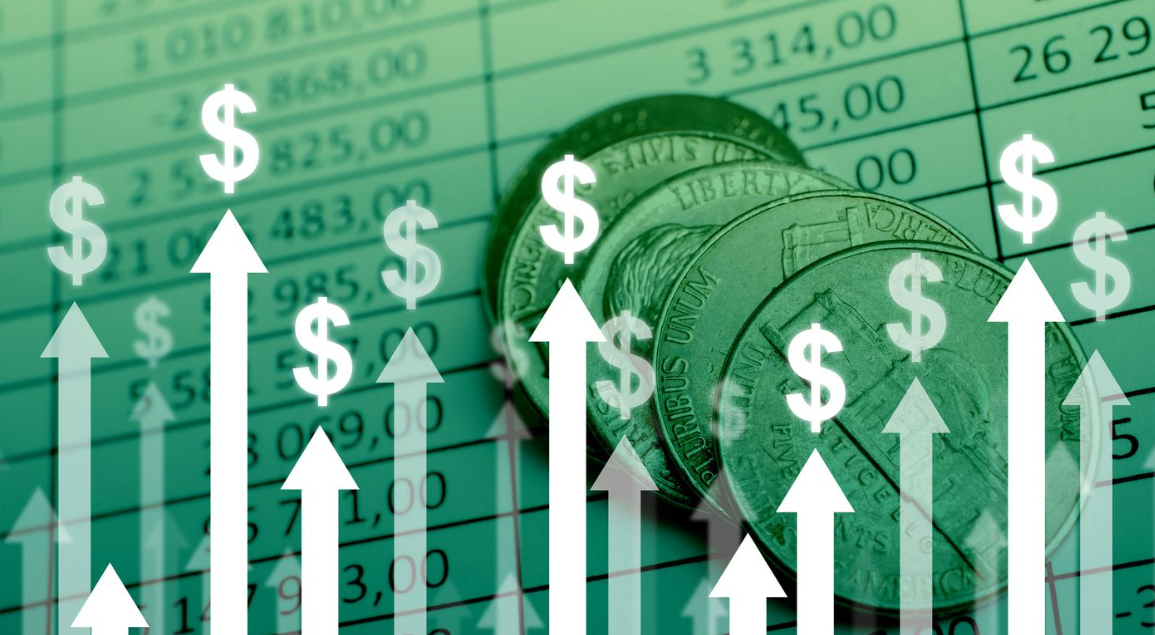Wed Sep 14, 2022
Wednesday / September 14
US inflation
US inflation rose back up in August, despite falling gas prices, according to data from the Bureau of Labor Statistics released Tuesday.
On a monthly basis, consumer prices rose 0.1% from July. Economists had projected that inflation would fall from July to August by 0.1%, after holding steady at 0% from June to July.
Annual inflation eased for the second-straight month but remained high with prices up 8.3% year on year. That is a slowdown from the 8.5% gain in July and the 40-year high of 9.1% in June.
Core CPI, which strips out the more volatile categories like food and gasoline, measured 6.3% in August, up from 6.2% in July. The month-on-month gain of 0.6% was double what economists had expected.
"Today’s data show more progress in bringing global inflation down in the US economy," US President Joe Biden said in a statement on the White House webpage. "It will take more time and resolve to bring inflation down," he added.
US prepares China sanctions
Washington is considering options for a sanctions package against China to deter it from invading Taiwan. Meanwhile the European Union is coming under diplomatic pressure from Taipei to do the same.
Sources speaking to Reuters say deliberations in Washington and Taipei’s separate lobbying of EU envoys were both at an early stage.
In both cases, the idea is to restrict more trade and investment with China in sensitive technologies like computer chips and telecoms equipment.
The sources did not provide any details of what is being considered.
German Economy Minister Habeck on Tuesday said Berlin was preparing for a new trade regime that would reduce reliance on China.
“The potential imposition of sanctions on China is a far more complex exercise than sanctions on Russia, given U.S. and allies’ extensive entanglement with the Chinese economy,” said Nazak Nikakhtar, a former senior U.S. Commerce Department official.
China claims Taiwan as its own territory and last month fired missiles over the island and sent warships and warplanes across the unofficial sea frontier after US House of Representatives Speaker Nancy Pelosi visited Taipei.
Chinese President Xi Jinping is visiting Central Asia where he is poised to meet his Russian counterpart Putin. The duo will talk Ukraine and Taiwan, Tass wired, citing Kremlin officials.
Railroad strike threat
The Biden administration is preparing for an economically costly railroad worker strike that could begin as soon as Friday.
The White House said President Joe Biden was on the case, and that Transportation Secretary Pete Buttigieg were leading an effort to absorb a strike’s effects on critical resources such as food, drinking water and electricity. At least two other Cabinet secretaries have tried to help the railroads and unions reach a deal, and Biden himself has spoken directly with both sides of the labor dispute, Politico reports.
A strike would still inflict major blow to the consumer and the President’s Democratic Party less than two months before the midterm elections.
“The president is bragging about how much influence he has with unions and how much influence they have with him,” Senate Minority Leader Mitch McConnell told reporters Tuesday.
Wall Street
US stocks dropped steeply Tuesday following the August inflation report.
The Dow Jones Industrial Average lost 1,276.37 points, or 3.94%, to close at 31,104.97. The S&P 500 fell 4.32% to 3,932.69, and the Nasdaq Composite sank 5.16% to end the day at 11,633.57.
Financial markets have fully priced in an interest rate hike of at least 75 basis points at the conclusion of the FOMC’s policy meeting next week. CME’s FedWatch tool showed a 32% probability of a super-sized, full-percentage-point increase to the Fed funds target rate.
All 11 major sectors of the S&P 500 ended the session deep in red territory. Tech stocks were hit particularly hard, with Facebook-parent Meta losing 9.4% and chip giant Nvidia dropping 9.5%.
Communications services, consumer discretionary and tech shares all plummeted more than 5%, while the tech subset semiconductor sector sank 6.2%.
The inversion of yields on two and 10-year Treasury notes, regarded as a red flag of impending recession, widened further.
More weapons to Ukraine
US plans another weapons shipment to Ukraine soon, National Security Council Spokesman John Kirby said Tuesday.
“I do think you’ll see another one here in the coming days,” Kirby told reporters, referring to another aid package in the multi-billion-dollar US program to support the Ukrainian army.
Kirby said it was too early to say whether gains by Ukraine, forcing a hasty retreat by Russian forces in the east, signal a turning point in the war.
